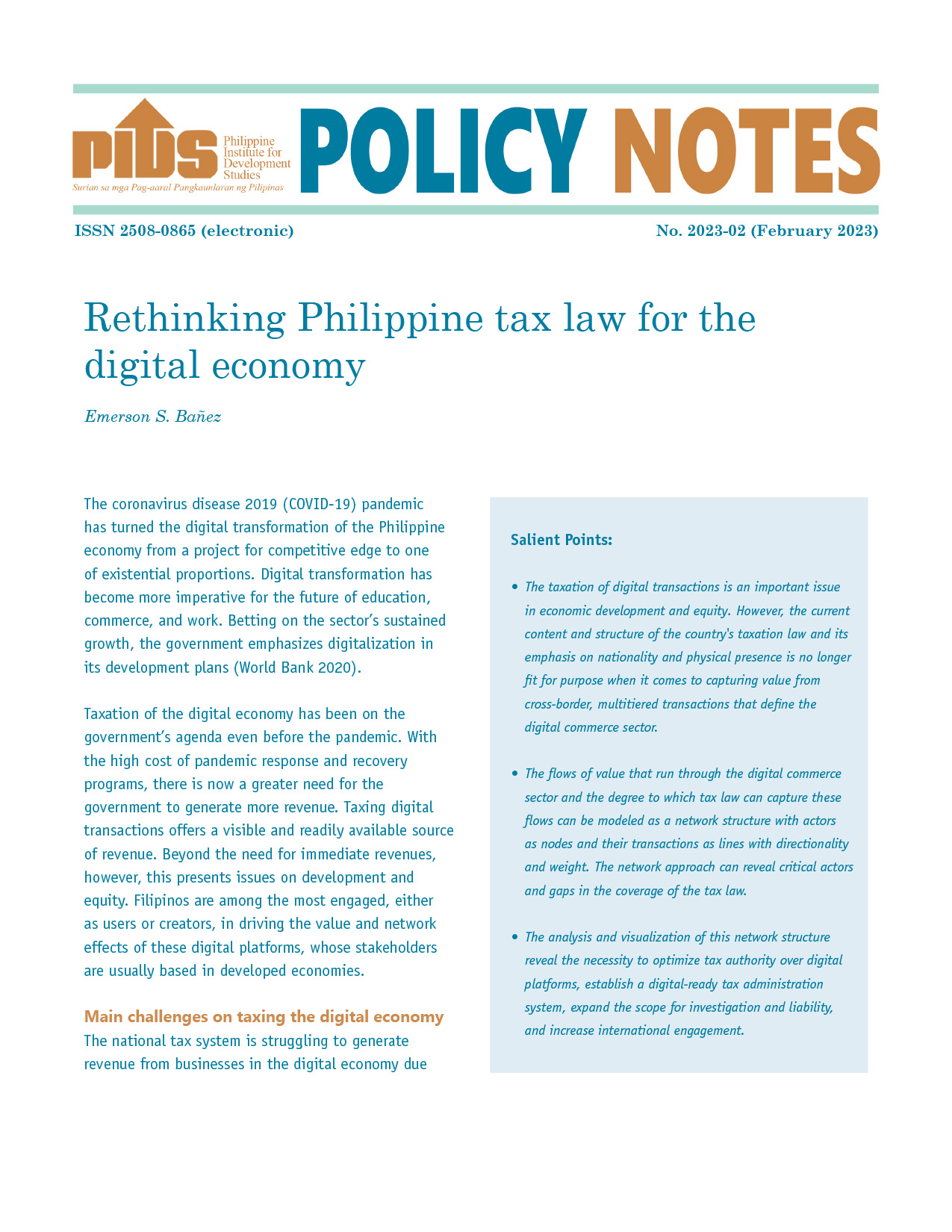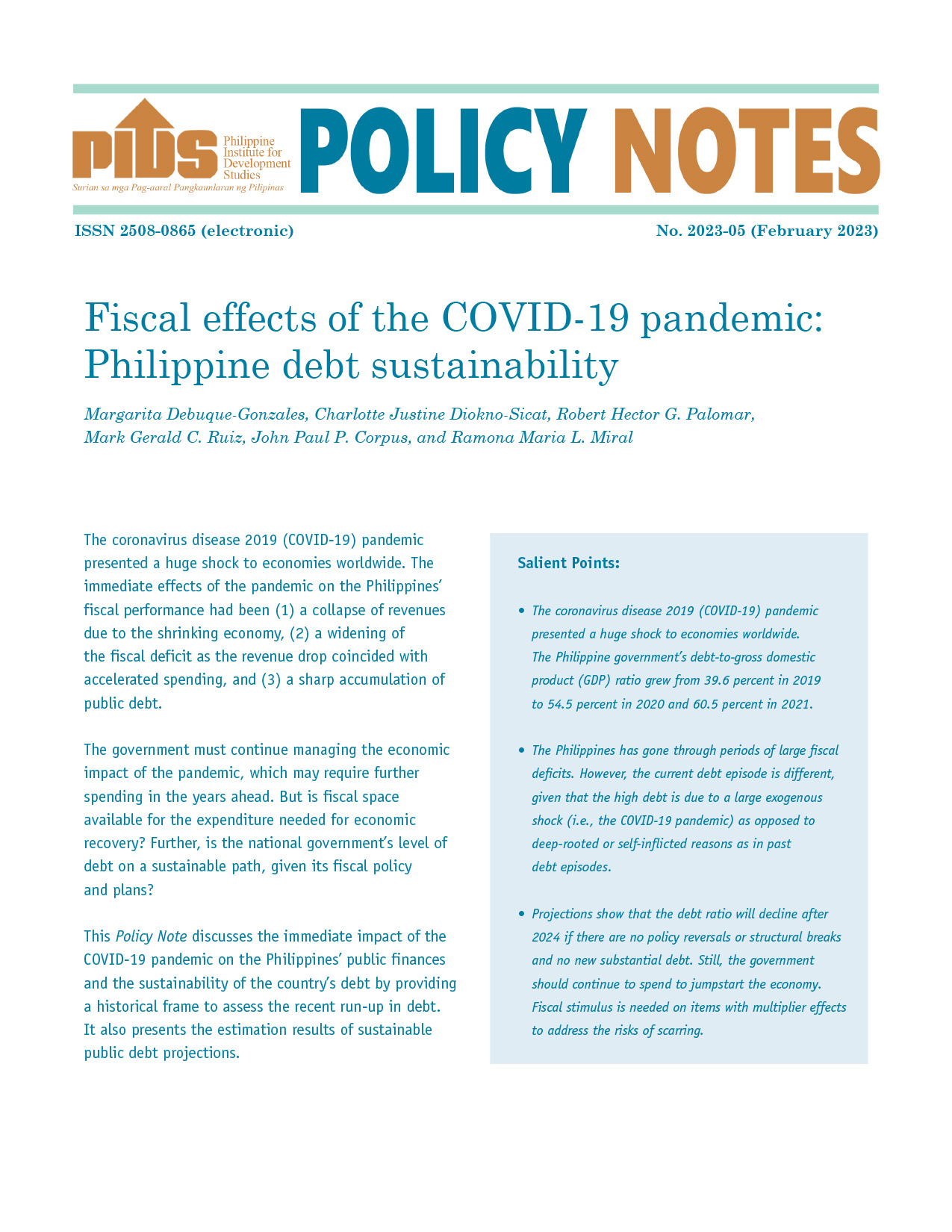MANILA, Philippines — The national and local governments would have to strengthen their coordination to ensure efficient service delivery to the public once the Mandanas Ruling is finally implemented this year.
In a webinar organized by the Philippine Institute for Development Studies (PIDS), the Department of Interior and Local Government (DILG) warned that lack of coordination between governments in implementing the Mandanas Ruling could lead to a gap in service delivery.
The Mandanas Ruling will raise internal revenue allotment (IRA) transfers to local government units (LGUs) by 38 percent this year or almost 20 percent of the proposed budget.
The ruling favored LGUs, which means that all national taxes should be included in computing the tax base in determining the allocation for LGUs.
However, with the increased funding comes additional responsibilities as powers and programs coming from the central government will now be transferred to the local level.
Experts earlier warned that an increase in local government budgets following the Mandanas Ruling is likely to result in lower budget execution rates unless capacity concerns are addressed.
While the Mandanas Ruling will raise local government resources, it will also raise concerns on absorptive capacity and fiscal imbalances.
Bureau of Local Government Development director Anna Liza Bonagua said a gap in service delivery is likely if there would be no “close” coordination between national and local governments and no updating and fine-tuning of LGUs’ capacities during the devolution transition period.
Bonagua noted that there is a need to look at the capacities of local governments, especially in absorbing re-devolved functions, while maintaining their full autonomy in planning and managing their resources.
“There is an urgent need to provide capacity building to LGUs to improve their implementation capacities along with the identified devolved mandates and provide guidance to enjoin them to channel the increased resources towards government’s priority particularly the campaign in responding to COVID-19,” she said.
Further, the DILG official emphasized that the national government must define the standards to guide LGUs in providing a comparable level of services across provinces, cities, and municipalities as well as put in place the necessary monitoring and assessment mechanism to know the level of effectiveness and citizen satisfaction on the LGU service delivery.
Public service delivery under Mandanas at risk on lack of coordination, says DILG












